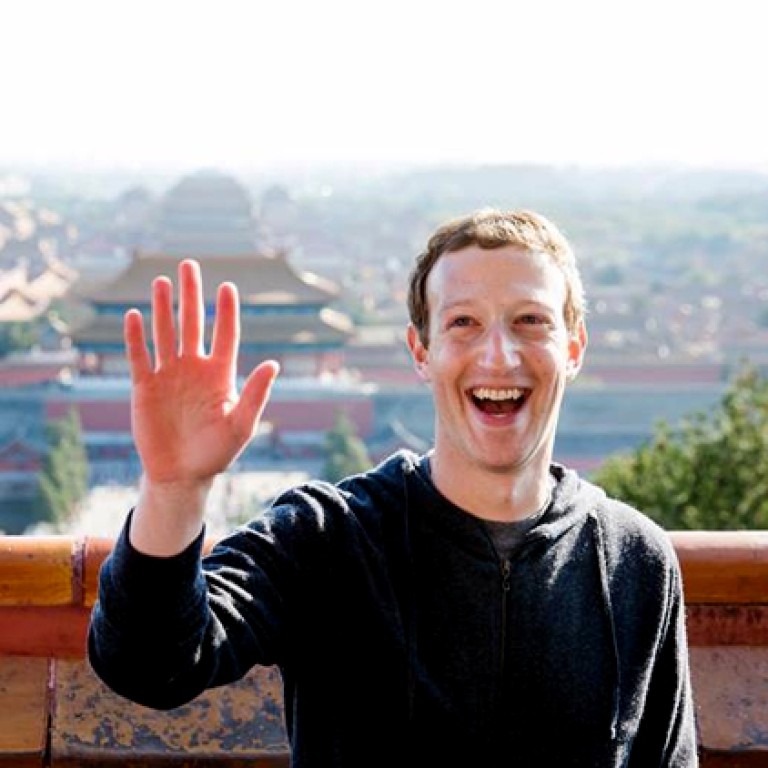
Facebook takes another step into China
Social network sets up subsidiary in a country where its main product remains blocked
Facebook is making another small step into China.
The choice of Hangzhou puts Facebook right in the backyard of one of China's tech giants: Alibaba, which is headquartered in the city.
(Abacus is a unit of the South China Morning Post, which is owned by Alibaba.)
The report also noted that Facebook sells ads to Chinese companies hoping to sell to the rest of the world, with some of those sales handled by its office in Hong Kong. Moving Facebook closer to those advertisers also makes a lot of sense.
What Facebook and Toutiao’s troubles say about the US and China
But it comes a week after Mark Zuckerberg admitted that it'll be a long time before the social network is officially available in China.
But Facebook has been making very small inroads into China. Last May it launched a Chinese version of the Moments app, called Colorful Balloons. Its unit Oculus also has a partnership with Xiaomi to build and sell VR headsets.
Google launches a WeChat mini game in China
For more insights into China tech, sign up for our tech newsletters, subscribe to our Inside China Tech podcast, and download the comprehensive 2019 China Internet Report. Also roam China Tech City, an award-winning interactive digital map at our sister site Abacus.
For more insights into China tech, sign up for our tech newsletters, subscribe to our Inside China Tech podcast, and download the comprehensive 2019 China Internet Report. Also roam China Tech City, an award-winning interactive digital map at our sister site Abacus.

